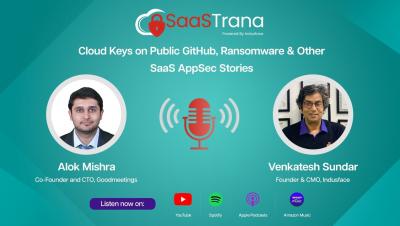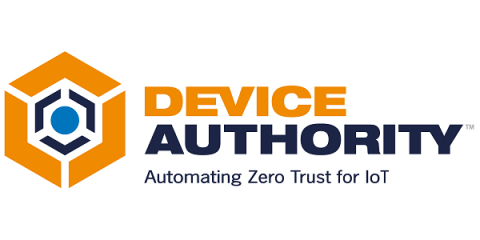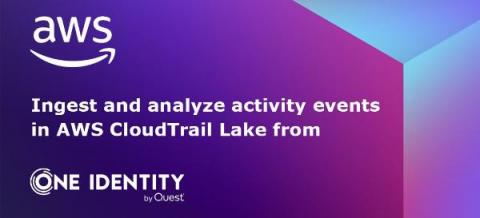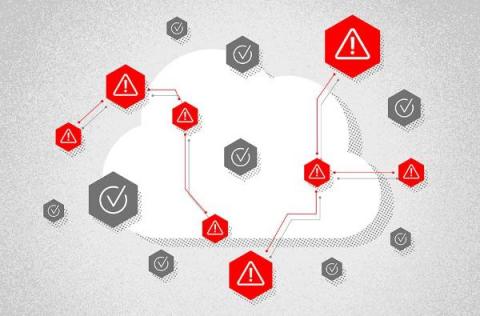Security | Threat Detection | Cyberattacks | DevSecOps | Compliance
Technology
Why Application Dependencies Are Critical for Cloud Security
Application dependencies occur when technology components, applications, and servers depend on each other to provide a business solution or service. Developers have a specific technology stack in mind when building solutions. This can typically include operating systems, database engines, and development frameworks (such as.Net or Java), as well as other infrastructure.
Using the Azure PKI Solution for IoT Security
Public Key Infrastructure (PKI) is a set of policies, and procedures needed to create, manage, distribute, use, store, and revoke digital certificates. The purpose of PKI is to facilitate secure electronic communications by authenticating users and devices. Organizations that use PKI can be assured that their messages are confidential and tamper-proof because each message is encrypted with a unique key that only the intended recipient can decrypt.
OneLogin and AWS CloudTrail Lake Integration
As an AWS Partner, One Identity is proud to announce that it is now even easier to leverage your existing AWS tooling with your OneLogin data. We are among the first partners to offer a new integration that joins tools, such as our previously released AWS EventBridge webhook. Now, AWS and One Identity have teamed to deliver an integration with AWS CloudTrail Lake, which allows you to store your OneLogin event data in AWS along with all your other data.
Unlocking the power of AI and Natural Learning
In Calligo’s latest Beyond Data podcast, co-hosts Sophie Chase Borthwick and Tessa Jones are joined by Alexander Visheratin, Artificial Intelligence Engineer at Beehive AI. Here we explore some of the episode’s highlights; the importance of Natural Learning Processing (NLP) and the pros and cons of output produced by examples like OpenAI’s ChatGPT-3.
3 Ways Visualization Improves Cloud Asset Management and Security
Public cloud services and cloud assets are agile and dynamic environments. Close oversight of these assets is a critical component of your asset management and security practices. While it’s important to understand the relationships and potential vulnerabilities of your cloud assets, the practice of managing these systems is complicated by the ever-changing nature of cloud environments.
Network Map NMAP Meets ChatGPT
We’ve now seen a number of different use cases for ChatGPT from marketing, sales, software development and others including from the security field. This platform continues to dominate most of the headlines and impress based on how it’s able to handle questions and topics from various backgrounds.
WAAP (Web Application & API Protection) security and its importance in 2022
WAAP stands for web application and API protection. As you can notice that this WAAP term is made of two different terms Web Application and API protection. A Web application and API are the most critical components of every device connected to the internet. So Let’s understand both of these terms one by one.
Open Source License Management Tools: Features and Best Practices
Effectively managing the many open source licenses used in enterprise software is a complex task that requires a thorough evaluation of key features in software license management tools. After that, you need to implement the technology using several best practices. In this blog post, let’s take a brief look at both.
Common Mobile App Security Threats and Ways to Mitigate Them
Mobile apps have become extremely popular over the last couple of years. No wonder the Google Play Store and the Apple App Store feature more than 3.5 million and 1.6 million apps, respectively. Thanks to the increasing internet penetration and affordable mobile devices. As the use of mobile apps continues to skyrocket, so does their exposure to malicious cyberattacks.











